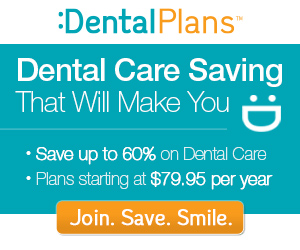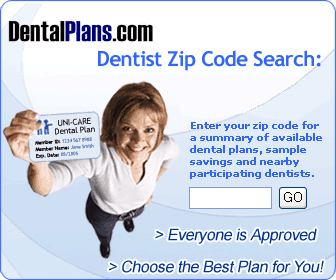Gum disease, also known as periodontal disease is a serious condition that could lead to lot's of problems in your mouth.
Symptoms of gum disease
- Bleeding gums
- Swollen and tender gums
- Gums that have pulled away from teeth
- Bad breath that won't go away
- Loose teeth
Not all these symptoms appear when you have gum disease. Some victims don't develop any symptoms at all. That's why it is important to keep up with your regular dental visits for cleaning and inspection.
A good regime of oral hygiene is also a preventative measure.
Gum disease can be prevented and treated. If you have gum disease, visit your dentist who will begin treatment and possibly reverse the damage caused by gum disease.
Certain people are more susceptible to gum disease. Factors that could increase the risk of developing periodontal disease include;
- Poor oral hygiene
- Chewing tobacco
- Diabetes
- Pregnancy
- Crooked teeth
- Bad fillings
- Improperly fitted tooth bridges
- Oral contraceptives
- Steroids
- Cigarette smoking
Get more facts on Gum disease today @ www.dentalcarefind.com




